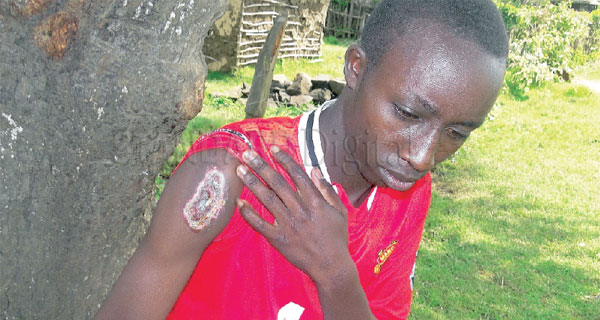×
The Standard e-Paper
Join Thousands Daily
 |
| Leonard Kipngetich. |
By JOE KIARIE
Leonard Kipngetich’s ordeal at the hands of state security officers in Koibatek Forest on June 20 last year is likely to haunt him for a lifetime.